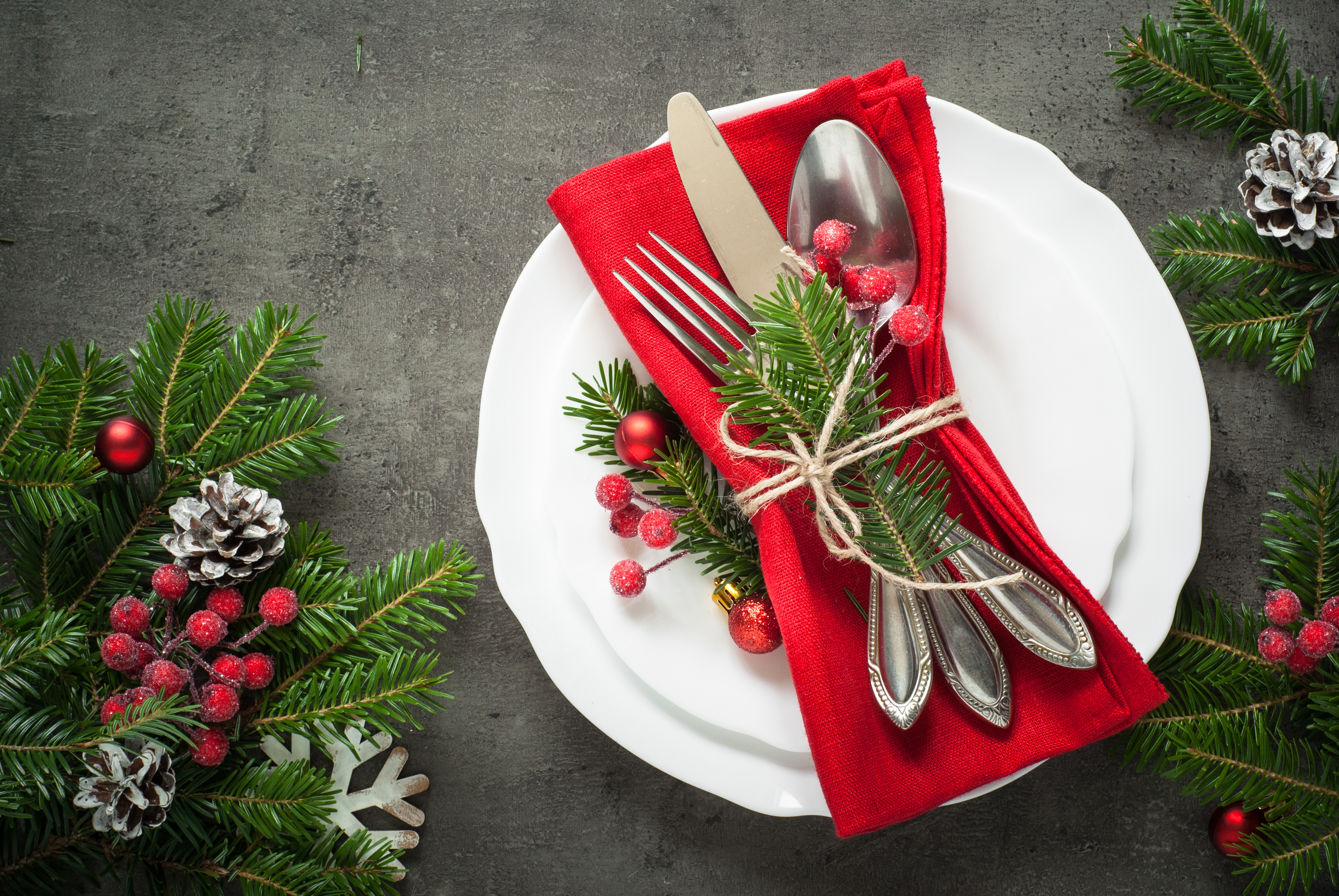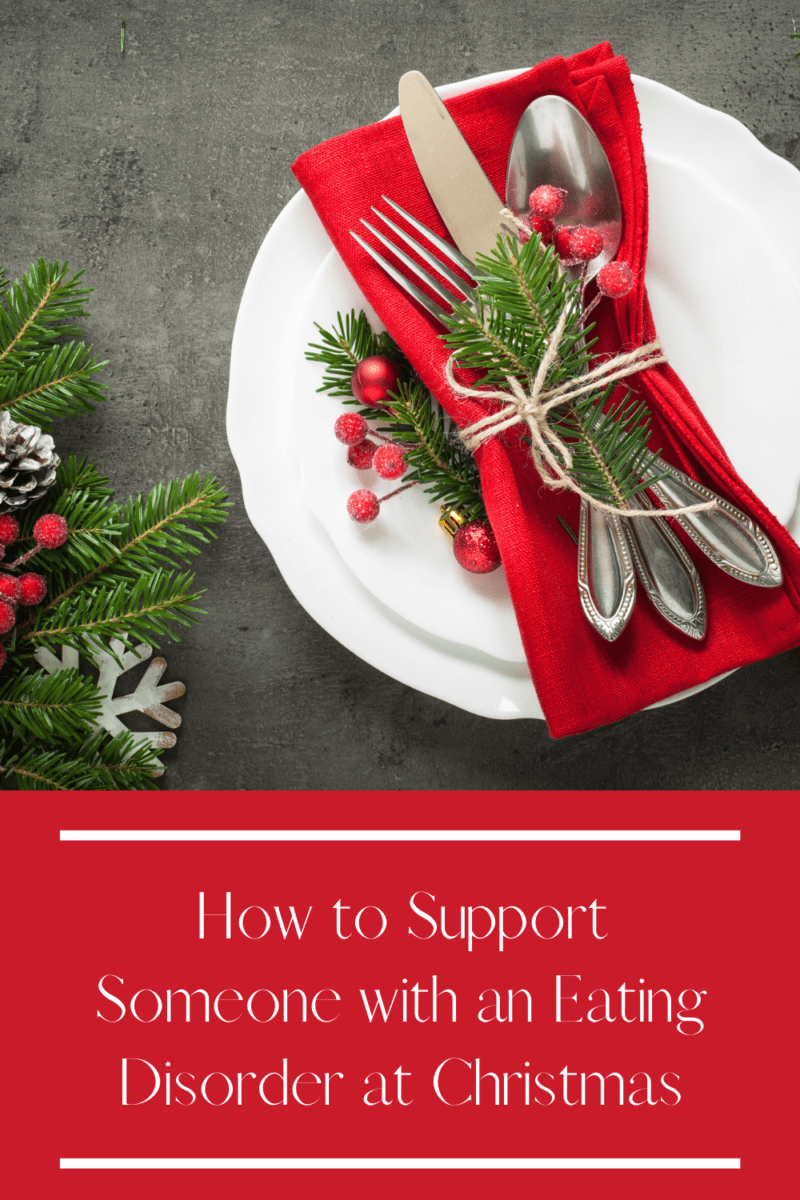
For anyone with an eating disorder, Christmas is one of the most stressful times of the year. Almost everything about it revolves around food! Imagine what it would be like for a recovering alcoholic to stay in a pub for a few weeks. It’s almost as stressful for their families. They are torn between ensuring that a traditional family Christmas goes off without a hitch, while at the same time ensuring their loved one isn’t overwhelmed and damaged by it all.
Be Open And Honest
The most important thing you can do is not to try and carry on as you normally would at Christmas, without discussing what’s going on.
It’s important to encourage an open and honest dialogue where both you and your family members can talk about how they are feeling. In all likelihood, Christmas won’t be exactly the same as it was before eating disorders came into the equation, but it doesn’t mean you can’t still have a wonderful day.
- Encourage your loved one to talk about what they are most worried about, so that you can address those fears and worries together. It can be a good idea to involve any healthcare providers that you are working with in this discussion, to help with strategy formation.
- Be honest about your own feelings, too. Talk about what you are hoping to get out of the celebrations and how you can do that.

Place Emphasis On Non-Food Centric Traditions
Mealtimes are not likely to be much fun for people with eating disorders. Obviously your family will still want to have their Christmas Day feast, but putting emphasis on other aspects of the Christmas celebrations will mean that everyone can participate.
Some non food related Christmas traditions are:
- Singing carols.
- Making Christmas wreaths.
- A Christmas movie marathon! Extra points if you include The Muppets Christmas Carol.
- Play board games like Monopoly.
- Spend time picking up all of the Monopoly pieces after someone gets annoyed and flips the board over.
- Decorate the Christmas tree.
- Volunteer as a family to help people who are alone at Christmas.
- Go for a Christmas walk to spot all of your neighbors’ elaborate Christmas decorations.
Encourage Them To Seek Support
Your loved one may find it difficult to open up to you about what it is they are going through. No matter how supportive you are, there is a powerful desire not to unduly worry you, or ruin your fun.
It’s a good idea to encourage your loved one to find peer support groups where they can talk with other people who also have an eating disorder. Speak with the medical professionals that they are working with to try and find some that are local to you.
Eden eating disorder treatment center has a holiday guide for people suffering from an eating disorder, which could be a great resource to pass on to your loved one.

Keep It Small
A lot of people suffering from an eating disorder feel self-conscious eating in front of other people. Therefore, it can be a good idea to keep the Christmas dinner itself small, just the immediate family. You could meet other members of the family at another time.
It’s also a good idea to have a low-pressure activity planned for immediately after dinner such as watching a Christmas movie. Mealtimes can bring up a lot of difficult feelings, and it’s a good idea to create an environment where your loved one can sit quietly and process them.
Be Prepared For The Plan To Get Derailed
When it comes to people and how they feel, it’s very difficult to make a plan! Do all that you can to prepare, but then accept the fact that it’s likely things won’t go to plan.




